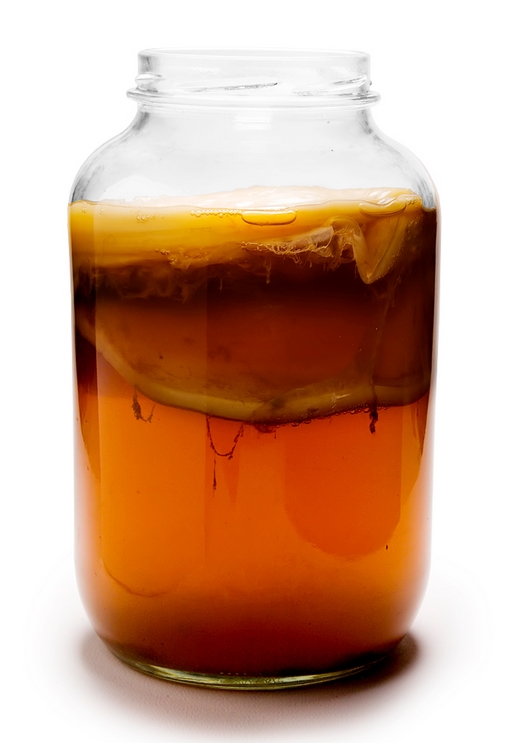Government trying to tax Kombucha as alcohol
03/11/2017 / By Vicki Batts

Is the government really trying to tax kombucha? Those in the kombucha industry have had concerns about a federal smack-down for years. In 2015, the Alcohol and Tobacco Tax and Trade Bureau (TTB) even sent warning letters to a number of kombucha brewers to accuse them of producing beverages that supposedly exceeded the allowable alcohol limit. And once again, the TTB used the opportunity to threaten the industry with regulation, hefty fines, and legal action.
In 2010, kombucha was seized from store shelves due to claims that the popular fermented beverage contained too much alcohol. Since that time, however, most large kombucha companies have reformulated their products to ensure that they comply with federal guidelines and do not exceed the 0.5 percent alcohol limit. Of course, the government is never happy when health products begin to pick up steam, and as the popularity of kombucha continues to increase, the threat of regulation and taxation has once again reared its ugly head.
The global market for kombucha is expected to expand from an approximate $600 million in 2015 to an estimated $1.8 billion by 2020. It’s no surprise that the federal government wants to find a way to stick their grubby little fingers in a pot with so much potential.
Jamba Dunn, the head of Rowdy Mermaid Kombucha, says he worries about federal action every single day. For years, the TTB has been monitoring kombucha makers for potential alcohol amount violations. One of the letters sent out by the agency made its way to The Denver Post, and the publication reports it made mention of a fine that could cost up to $11,000. Offenders could even become subject to the costly regulations and taxes that go along with the alcohol industry.
Surely echoing the concerns of countless others in the kombucha industry, Dunn commented, “We live in fear that we will get one of those letters.”
States introduce bills to protect kombucha manufacturers
In mid-February, Colorado lawmakers introduced a bill that was cleverly titled, “the Keeping Our Manufacturers from Being Unfairly Taxed with Championing Health Act,” or simply “the KOMBUCHA act” for short. The bill aims to increase the alcohol by volume (often seen simply as “ABV) limit for kombucha from 0.5 percent to 1.25 percent. This would leave kombucha, which generally contains less than 1 percent ABV, free from the federal government’s alcohol taxation and regulation practices.
Currently, kombucha sometimes falls under the jurisdiction of the TBB — even though many manufacturers have taken steps to reduce the amount of alcohol that forms in their products. While the politicians in the United States have grown immensely divided, it seems that kombucha is something they can agree on. Colorado Democrat, Rep. Jared Polis and Republican Rep. Scott Tipton joined forces to sponsor the bill in the House of Representatives.
Colorado is not alone in their efforts to reduce the burden the federal government has on the kombucha industry and the small businesses it is largely comprised of. Senator Ron Wyden, from Oregon, also joined in their efforts to introduce the KOMBUCHA act. In February, Wyden’s team sent out a press release describing the bill as a way to “modernize outdated federal alcohol taxes and regulations on kombucha companies in Oregon and nationwide.”
“This legislation would update taxes and regulations so these small businesses can continue to build on their achievements creating good jobs and good flavor for kombucha’s many fans,” the senator said. Wyden also noted that the growth of kombucha production has helped create jobs not only in Oregon, but across the country.
Kombucha makers say that they are hopeful that with this massive reform, they will be able to reallocate some of their funds to hire more workers and grow their businesses. Perhaps in addition to being known for its health benefits, the beverage will be revered for its economic benefits, too.
Sources:
Investopedia.comyOregonLive.com
Submit a correction >>
Tagged Under:
This article may contain statements that reflect the opinion of the author
RECENT NEWS & ARTICLES
COPYRIGHT © 2017 SUPER FOODS NEWS





















